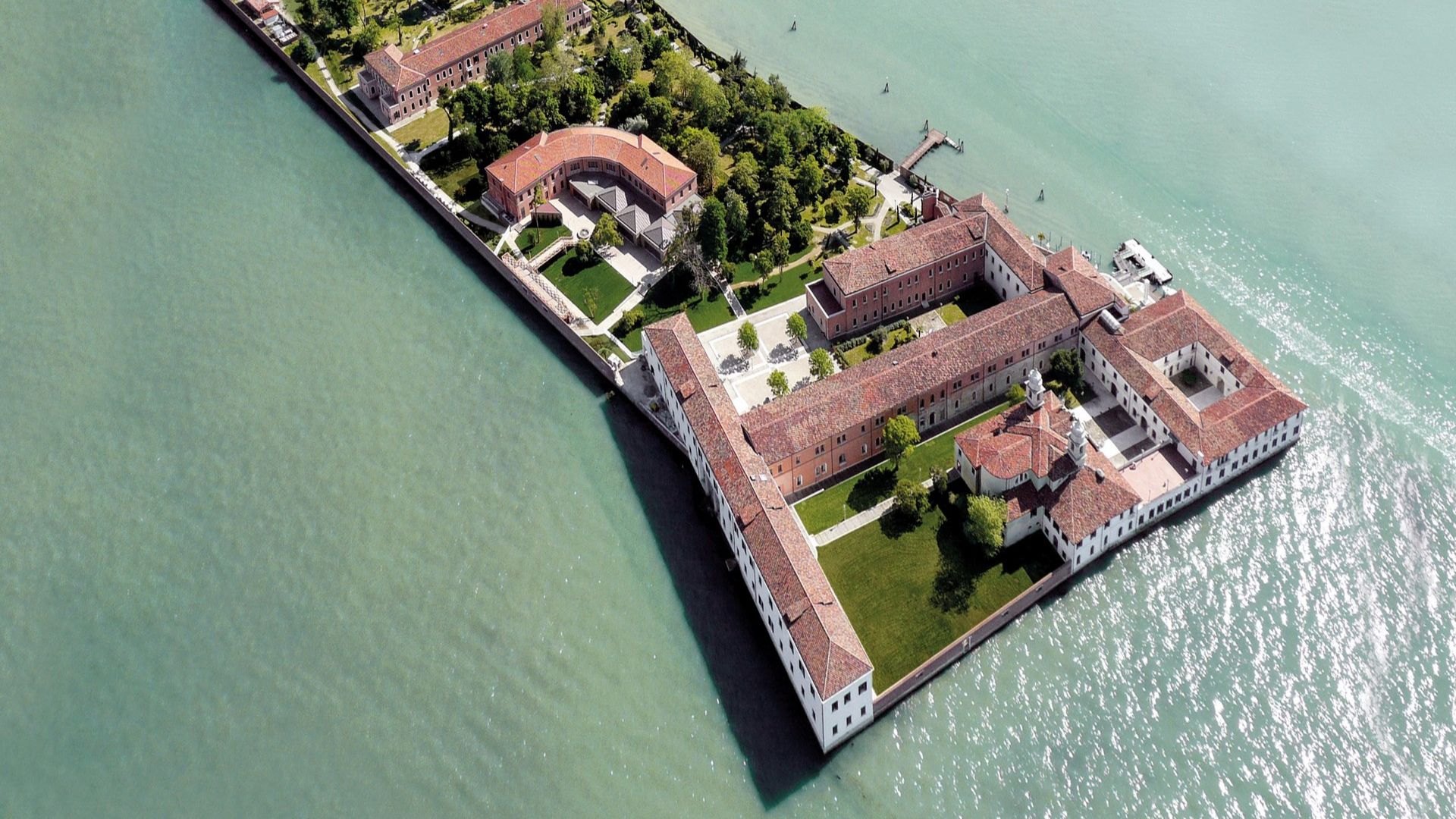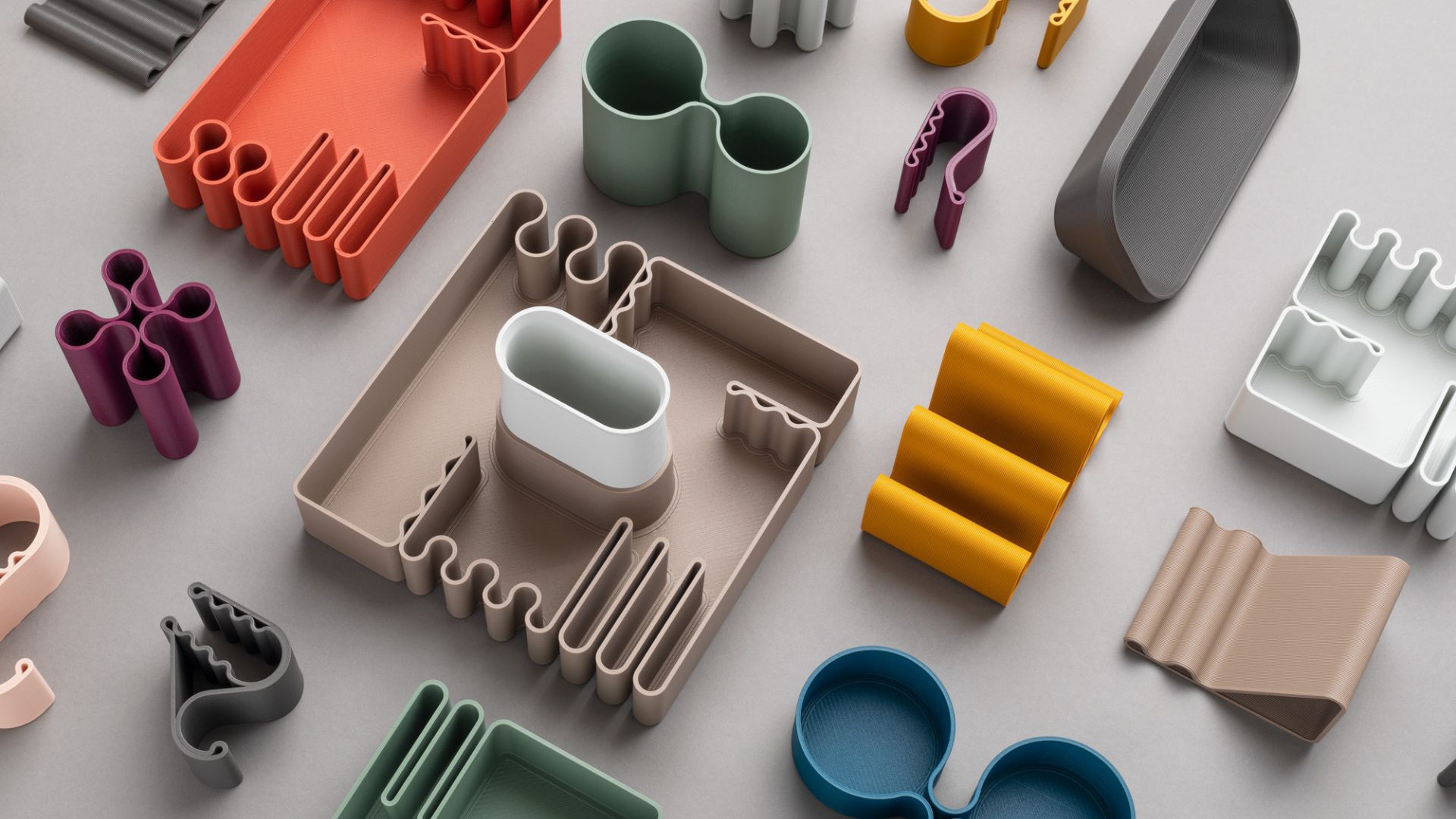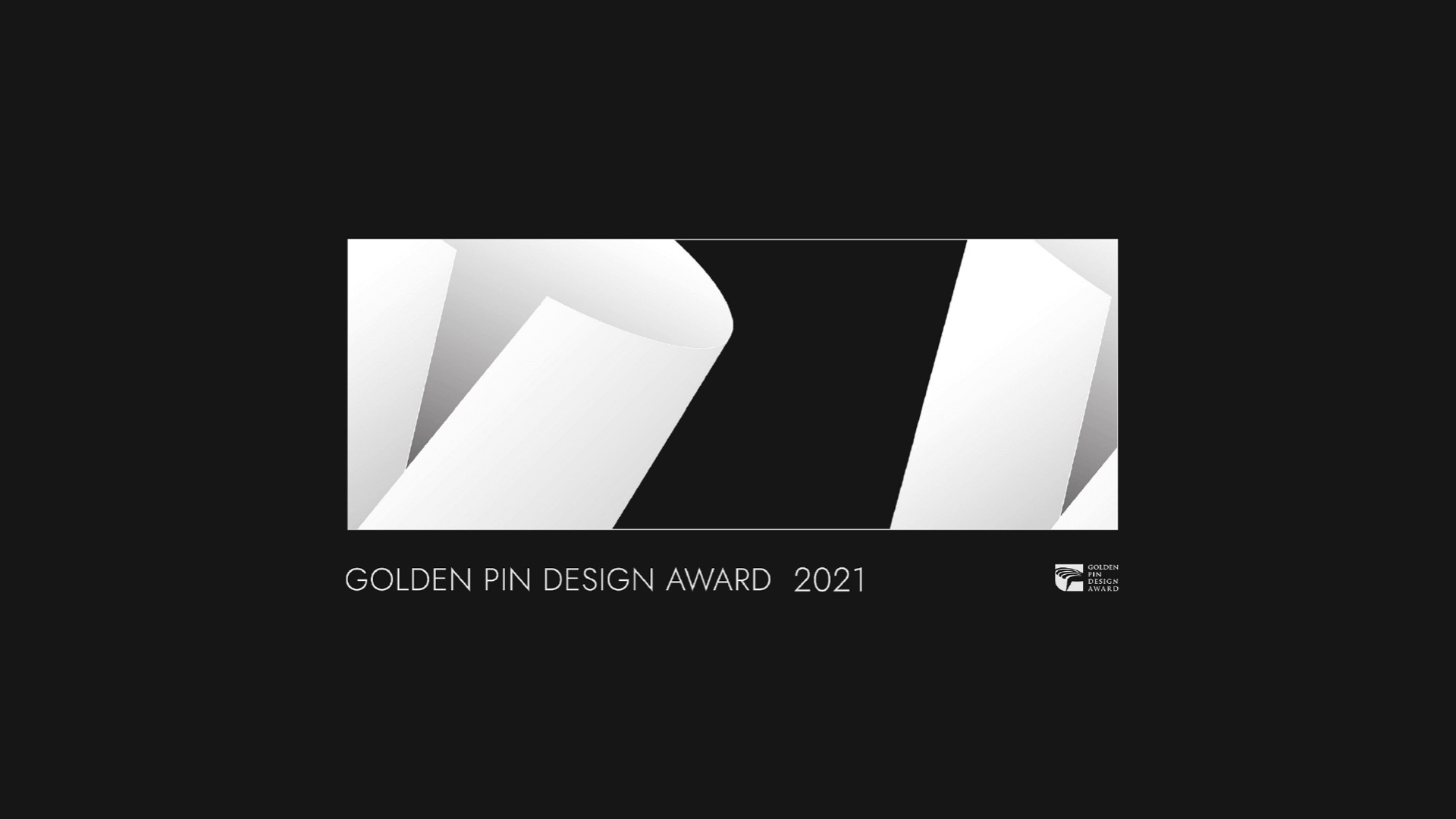57 urbantech startups to change how we live and move in cities
The NYC based accelerator supports and mentors startups solving city problems through funding, development programs and a network of over 2,000 professionals.
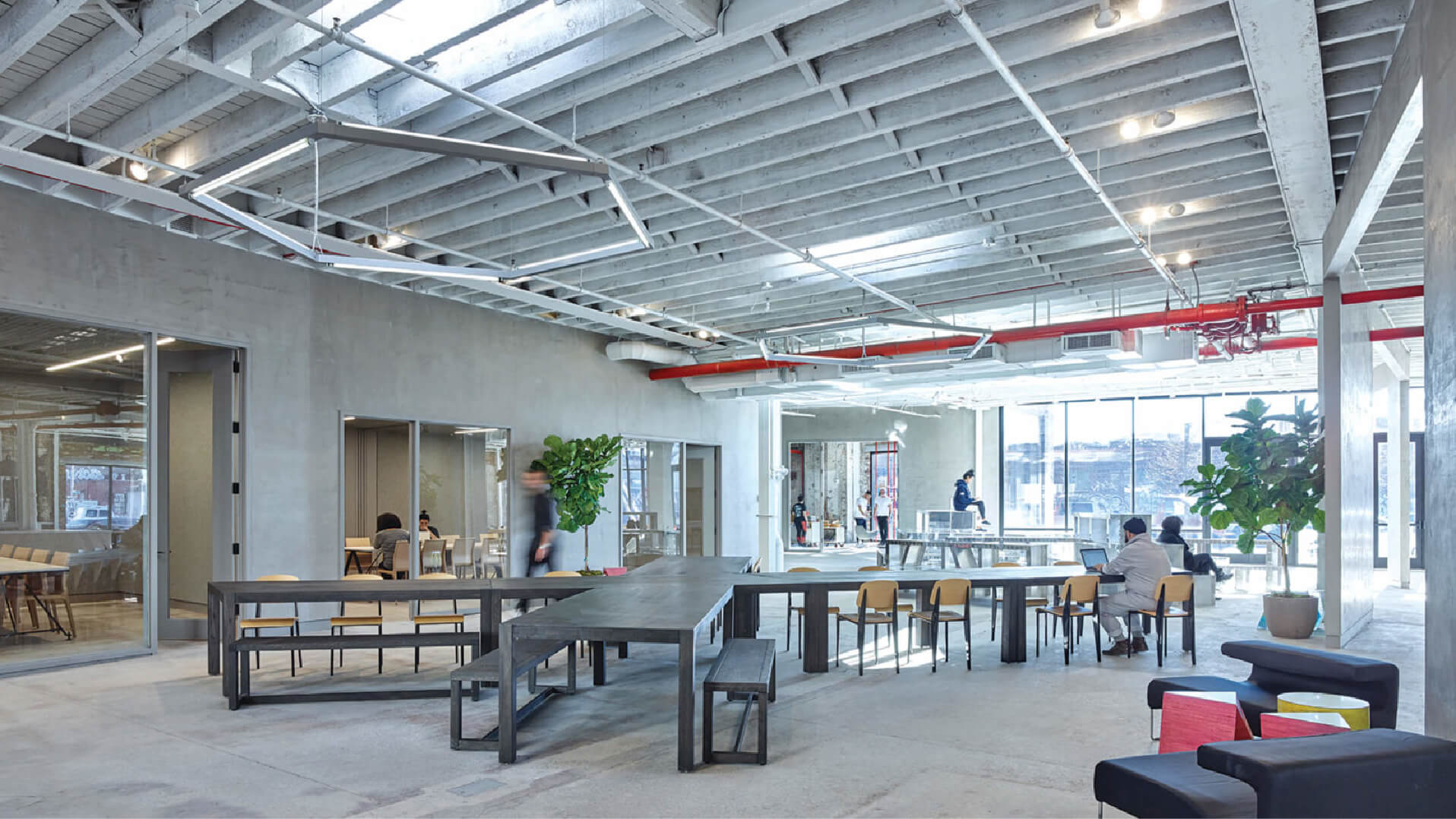
We spoke to Miriam Roure to learn how URBAN-X operates and envisions the future of mobility. Changing the urban environment is no easy task but a highly intriguing one. Some of the work of URBAN-X involves using block-chain to detect unsafe water, optimizing the location of electric charging stations, implementing wireless charging technology for robots and electric vehicles, introducing traffic signal network for automated transportation, building the infrastructure for drones – we could go on with a list of unprecedented tech-innovations that comprehensively transform cities from the way we know them today.
As a startup accelerator, the work of URBAN-X begins from scouting and selecting startups operating in urbantech, to involve them in a 20 weeks program of intense growth and development where the support of experts and $150,000 of initial funding serve the newborn companies with the opportunity to refine and advance their products and services.
Created by automotive brand MINI and early-stage investor Urban Us, URBAN-X works with tech startups with high innovative potential across real estate and infrastructure, food and waste, public health, energy solutions, governmental sector, and, of course, mobility and transportation.
We had the opportunity to interview Miriam Roure, Program Director at URBAN-X for MINI, to understand her view on the urban environment and the advancements that will affect mobility in the near future.

Who is Miriam Roure? How did you become the Program Director at URBAN-X for MINI?
Miriam Roure:
“I have always been passionate about cities. I grew up in Barcelona, Spain, a city that celebrates design, public spaces, and bringing people together. I started my career as an architect to become interested in how digital technologies are changing how we interact with each other and our environment.
After working at OMA, in the Netherlands, and MIT Senseable City Lab, I started an urban innovation platform called Field where I saw, firsthand, the importance of supporting entrepreneurs. Now as Program Director at URBAN-X, an accelerator for urban tech startups built by MINI and Urban Us, I am able to combine my interests and work alongside companies that are fundamentally shaping how we will live in cities in the years to come.”
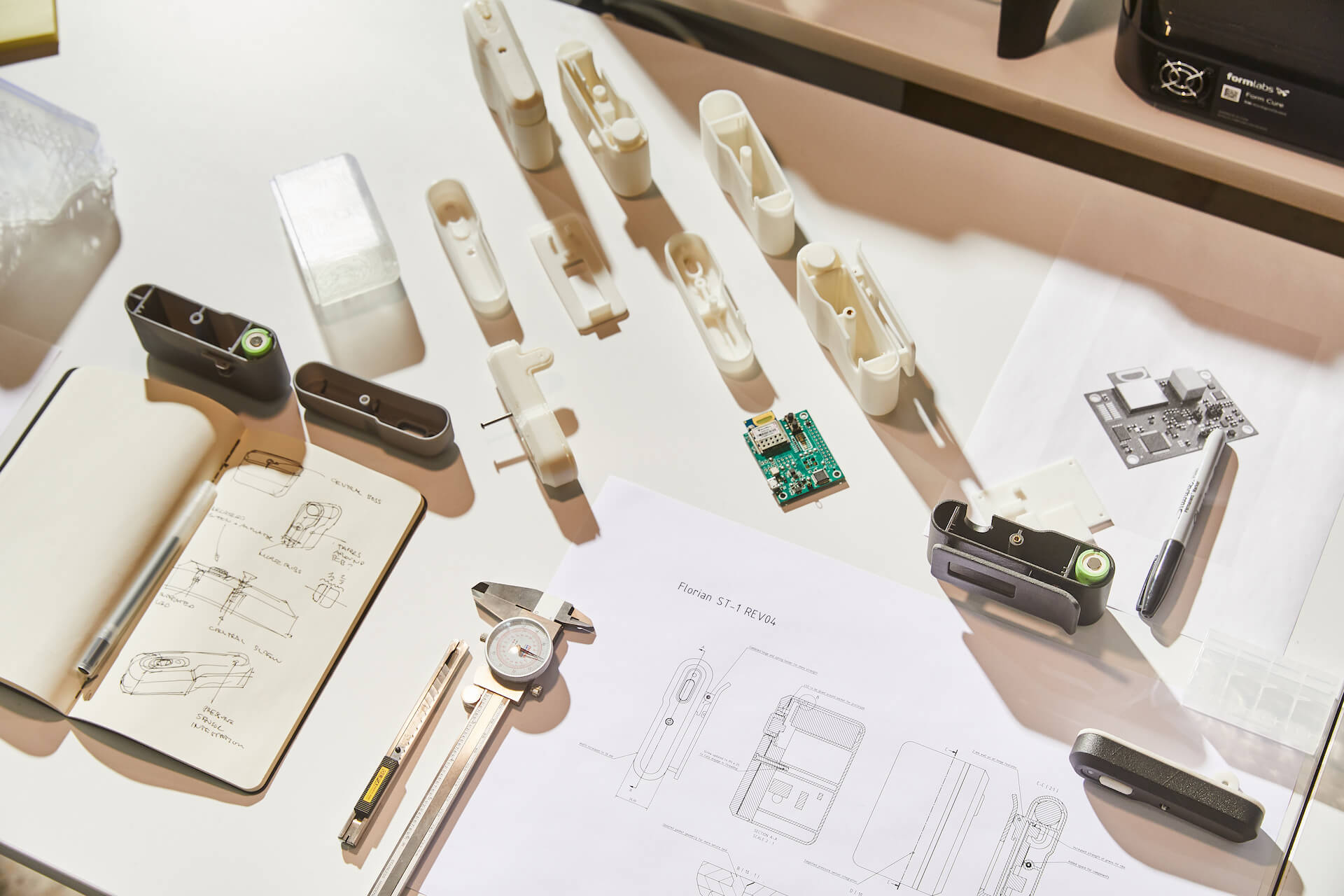
Why URBAN-X? Why a startup accelerator aiming at reimagining city life?
Miriam Roure:
“Cities are unique environments for progress, prosperity, and culture. But they have been under immense pressure for a long time: a growing need for mobility, a lack of affordable housing, rapidly growing infrastructure costs are just a few of the issues cities face today. Contemporary US cities have also been built in a way that reinforces systemic inequality.
To us, this is not a reason to abandon the city but to embrace it – and take the opportunity to re-envision how we build and rebuild cities for people. We need highly creative, motivated, and innovative startups that can envision a better future, lead through challenging times, and build solutions that can scale across cities and borders.”

One of the sectors URBAN-X is focused on is transportation and mobility. From free electric shuttles to fully autonomous vehicles, what is the main aim this sector should be working towards?
Miriam Roure:
“The transportation industry continues to transform and evolve at rapid speed. Over the last several years, we’ve seen the rise of ride-share, like Lyft and Uber, new micromobility modes like electric scooters and mopeds, sustained anticipation around AVs (autonomous vehicles) and EVs (electric vehicles), as well as new models for sustainable transit as our own portfolio company, Circuit, has introduced.
While the needs in different parts of the world can be significantly different, there is one constant: climate change. Mobility and transportation account for 14% of annual emissions (including non-CO2 gases) and around a quarter of CO2 emissions from burning fossil fuels. This is the single most pressing issue that this industry needs to address.”
We observe modern mobility solutions adapting to the given urban environment. How could municipalities and public institutions support the evolution of mobility with their influence and capabilities?
Miriam Roure:
“Municipalities and public institutions are great determinants of not just our mobility future, but also how that future is distributed.
From zoning laws to building mass transit and lighter weight transportation alternatives, to pricing the use of our roads in favor of shared mobility, facilitating electric infrastructure, creating more pedestrian streets, or simply enabling accessibility – there is so much that local governments can do to support how people move.”
With a vision of the future where environments are sensitive and responsive to the presence of people and moving objects, what are the main trends & future directions within urban technologies and what do you think of them?
Miriam Roure:
“While we all like to dream about responsive environments, gathering the right data about what’s happening on the ground in cities and being able to extract actionable insights that help inform new policy and planning approaches are still something that most municipalities struggle with. Companies like Stae, here in the US, or Qucit, in Europe, are perfect examples of lightweight data platforms that can empower planning decision-makers.
On the other hand, there are companies bringing our analog infrastructure into our digital era. XTelligent is the single most advanced company in this space, they are not only implementing next-generation traffic signal connected technology, but they are actively working towards a multi-modal autonomous future.”

Electric power, ride-sharing & on-demand services, autonomous driving, interconnected vehicles: among the many tech-based innovations reshaping mobility, which ones do you consider currently still unexplored but with high potential?
Miriam Roure:
“All of the innovations you mentioned have yet to be fully tested and deployed, and all of them have significant potential. Infrastructure, however, is arguably the biggest opportunity there is. It’s in the enabling technologies, hard and soft, where one finds the most important bet for scalability.
There will always be a faster, safer, cooler, nicer, more intelligent, or fun vehicle or mobility service, but without the right infrastructure, none of those will exist.”
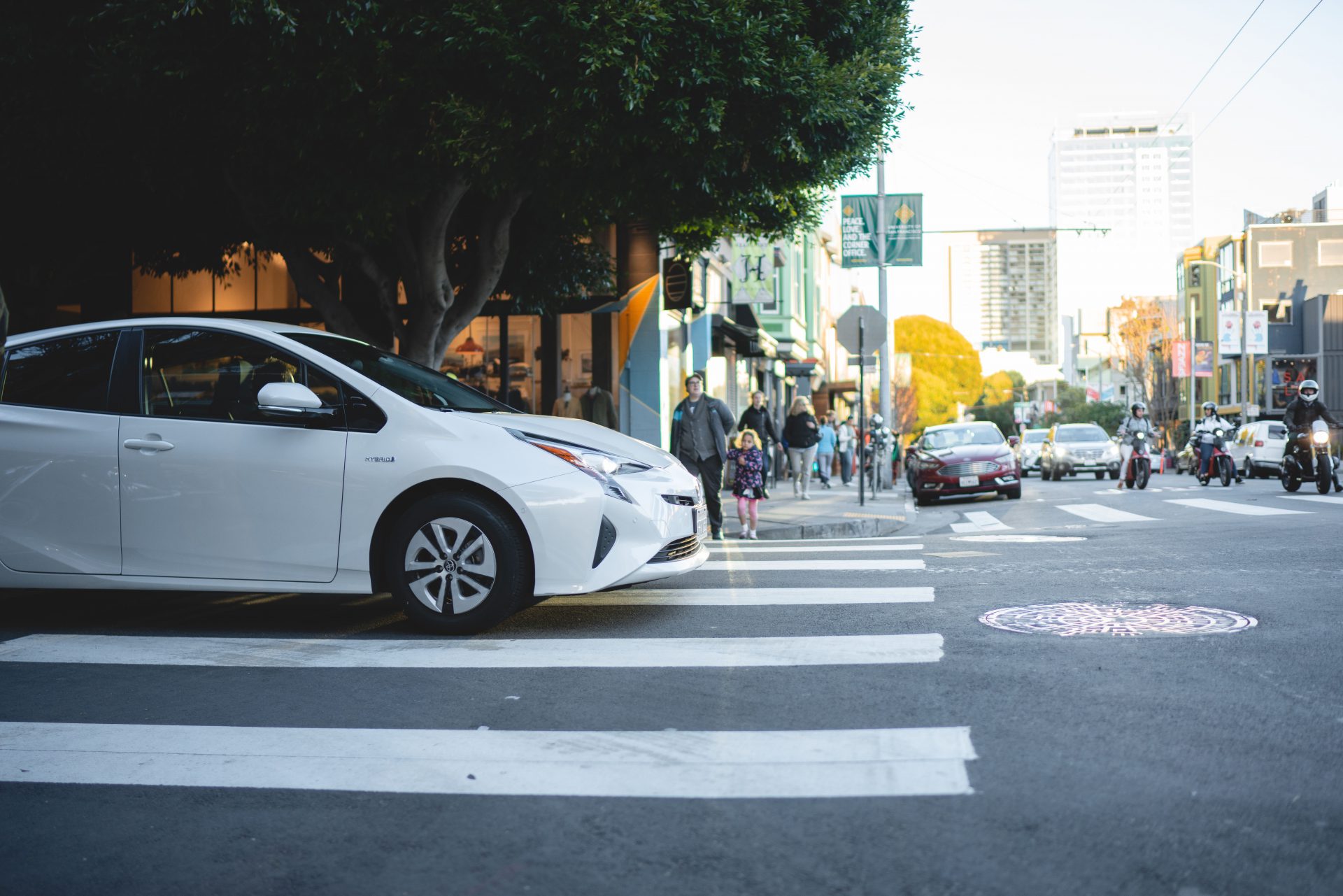
How do you think the current health crisis will affect the future of urban mobility? Will there be any radical changes in the way people move around in metropolitan areas?
Miriam Roure:
“COVID-19 showed how the transportation and urban mobility landscape can drastically transform in just a few months span. From plunging public transportation ridership to an increase in car-free streets to an uptick in single-occupancy vehicles and a decline in micromobility and rideshare, our streets could be on the cusp of a historical change.
I would anticipate more bike and micromobility adoption, the normalization of robots on streets, sustained, human-centric areas that give people more space and freedom from cars, as well as an increase in infrastructure for drone delivery, as demonstrated by our portfolio company, EVA.”
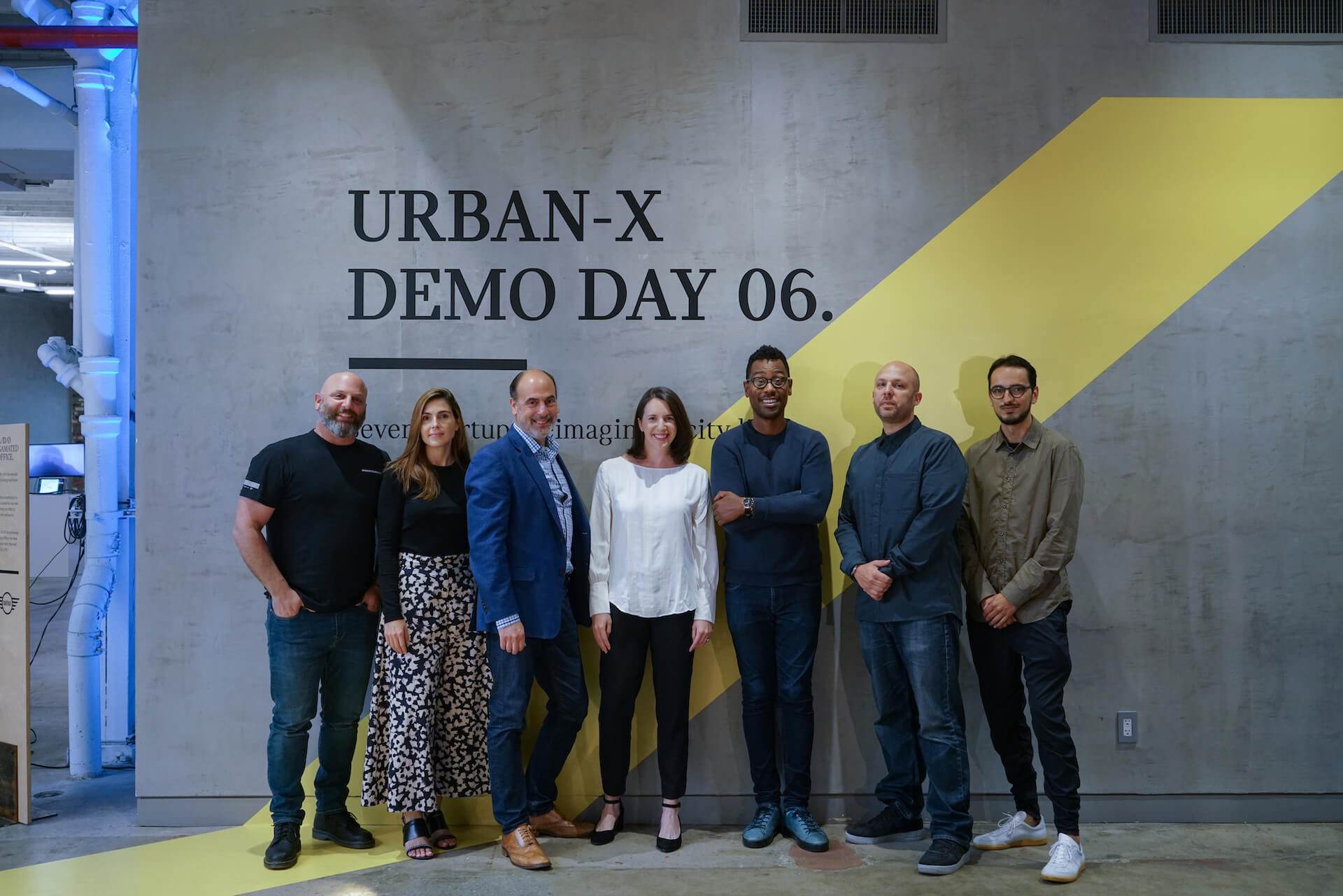
Being always on the lookout to support startups with solutions to cities’ toughest challenges, what is the next step for URBAN-X?
Miriam Roure:
“We just launched our eighth cohort, which is chock full of companies building innovative solutions to reimagine our cities. This cohort comes during a critical moment, as municipal officials across the world are determining how to rebuild our economic and social infrastructure in ways that foster resilience and equality for all.
The founders in Cohort 08 are building solutions to ensure access to clean drinking water and electric vehicle charging, last-mile delivery and field services, intelligent traffic management, and carbon sequestration. A full list of companies we will be working with over the next 20 weeks includes:
- Adiona: Optimizes the efficiency of logistics, supply chain and mobile workforce organizations through AI.
- Aquagenuity: The “Google Search” for water quality, helping you check your water as easily as you check the weather.
- Climate Robotics: Builds robots to efficiently generate biochar to sequester carbon and improve soils, starting with urban land.
- Mobilyze: Data-analytics platform that optimizes the location of electric charging stations.
- Resonant Link: Breakthrough wireless charging technology for fast, zero-maintenance, and low-cost power to robots and EVs.
- Xtelligent: Next-generation traffic signal network enabling the connected, automated, and multi-modal transportation future.”







